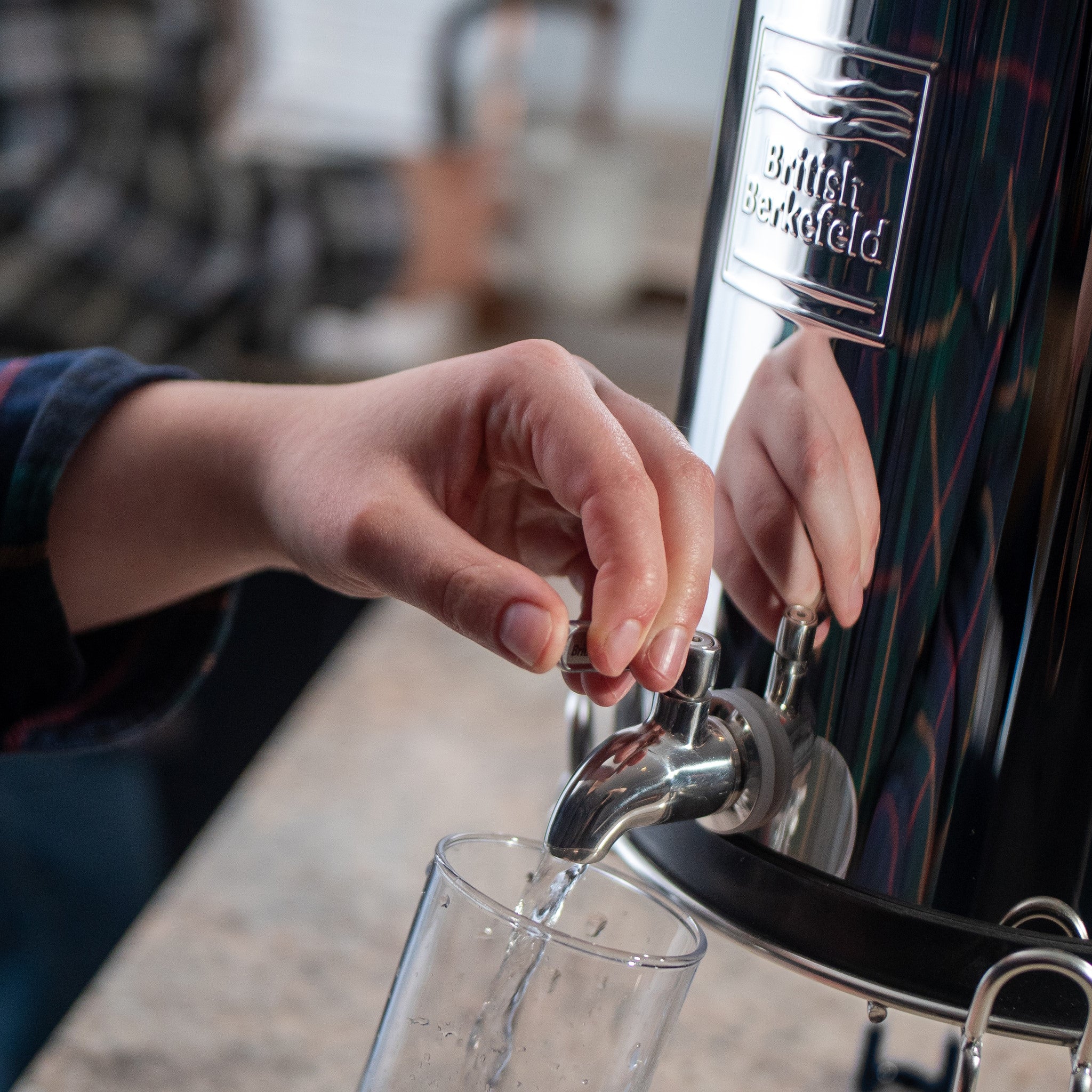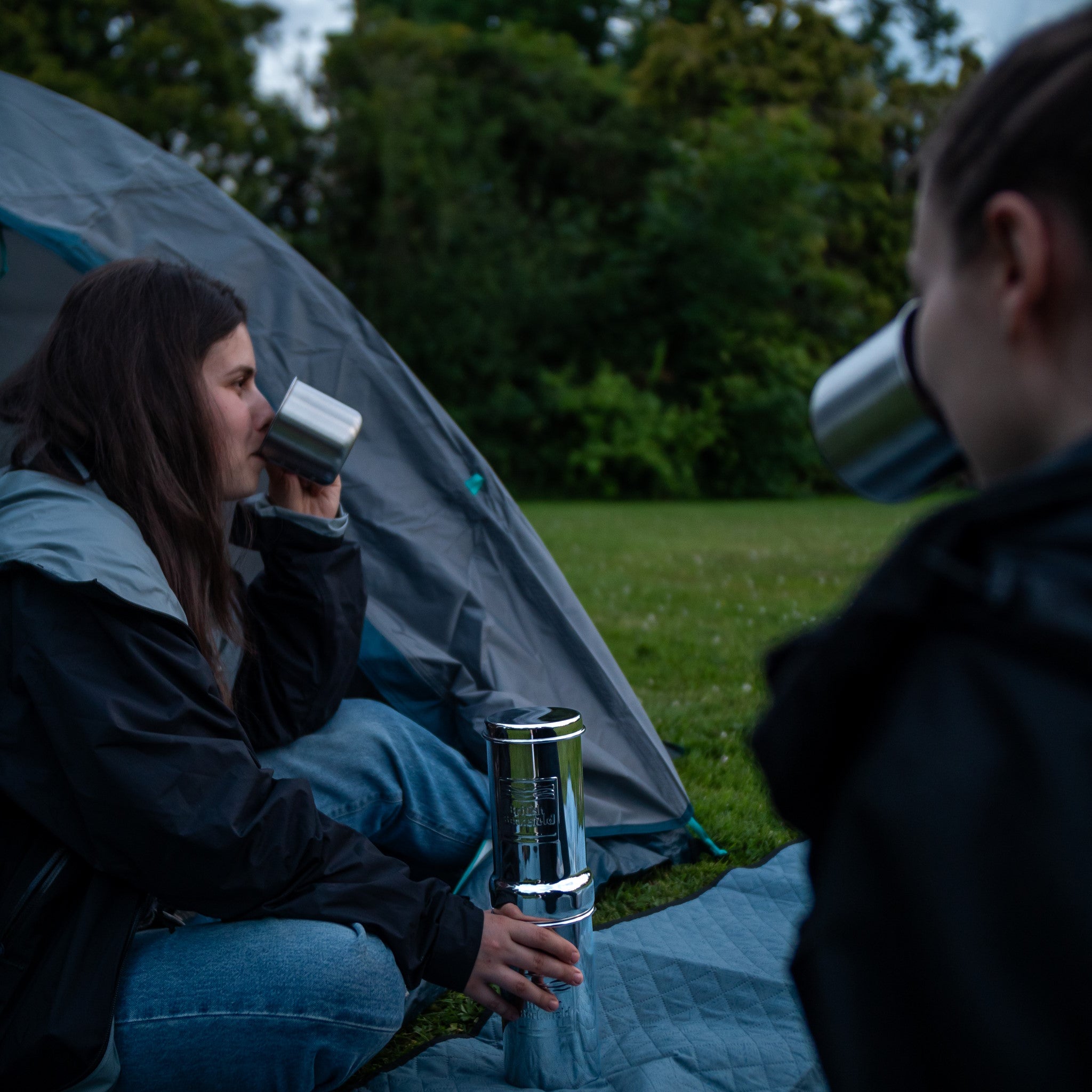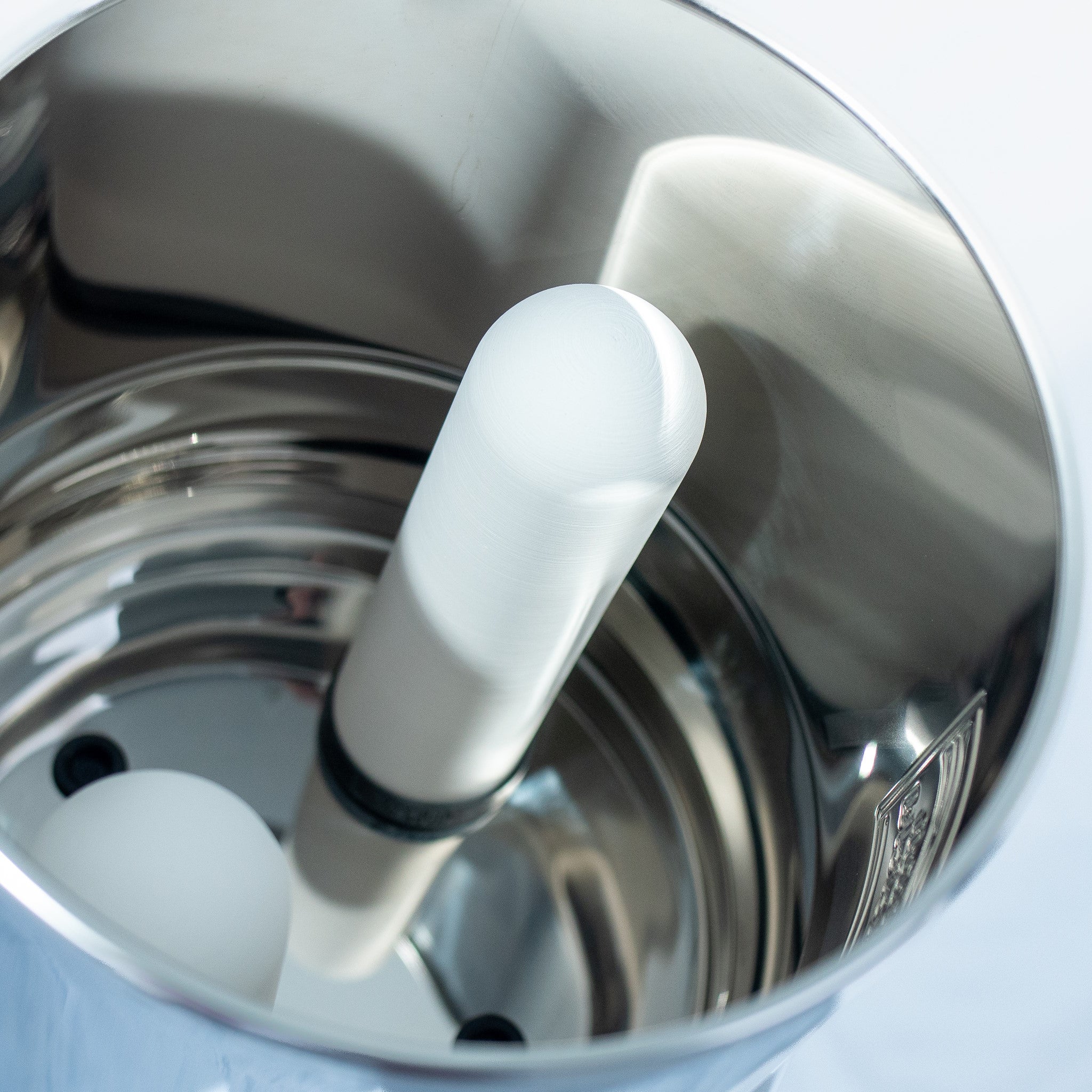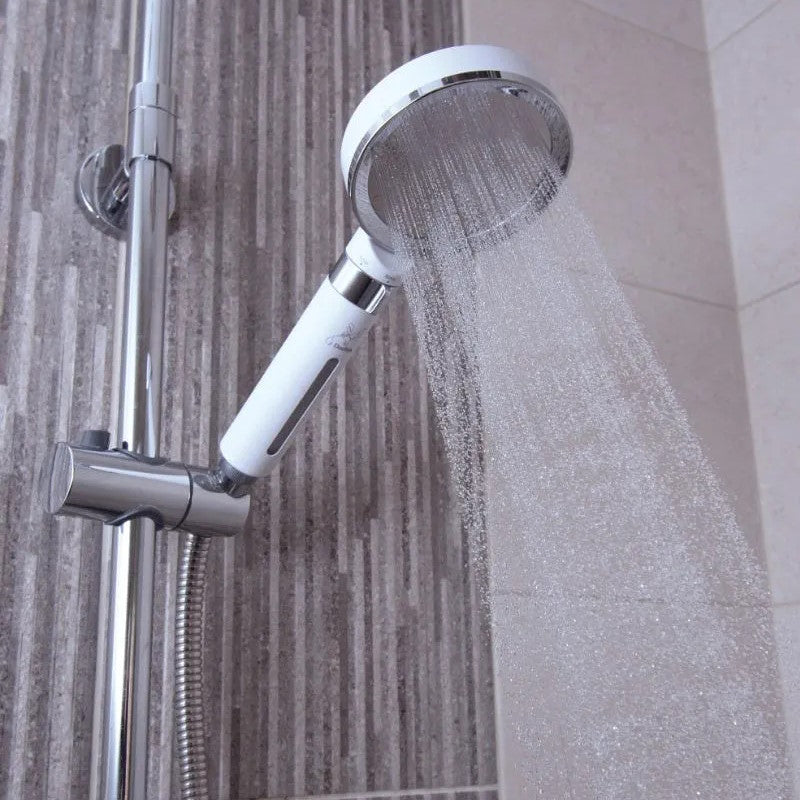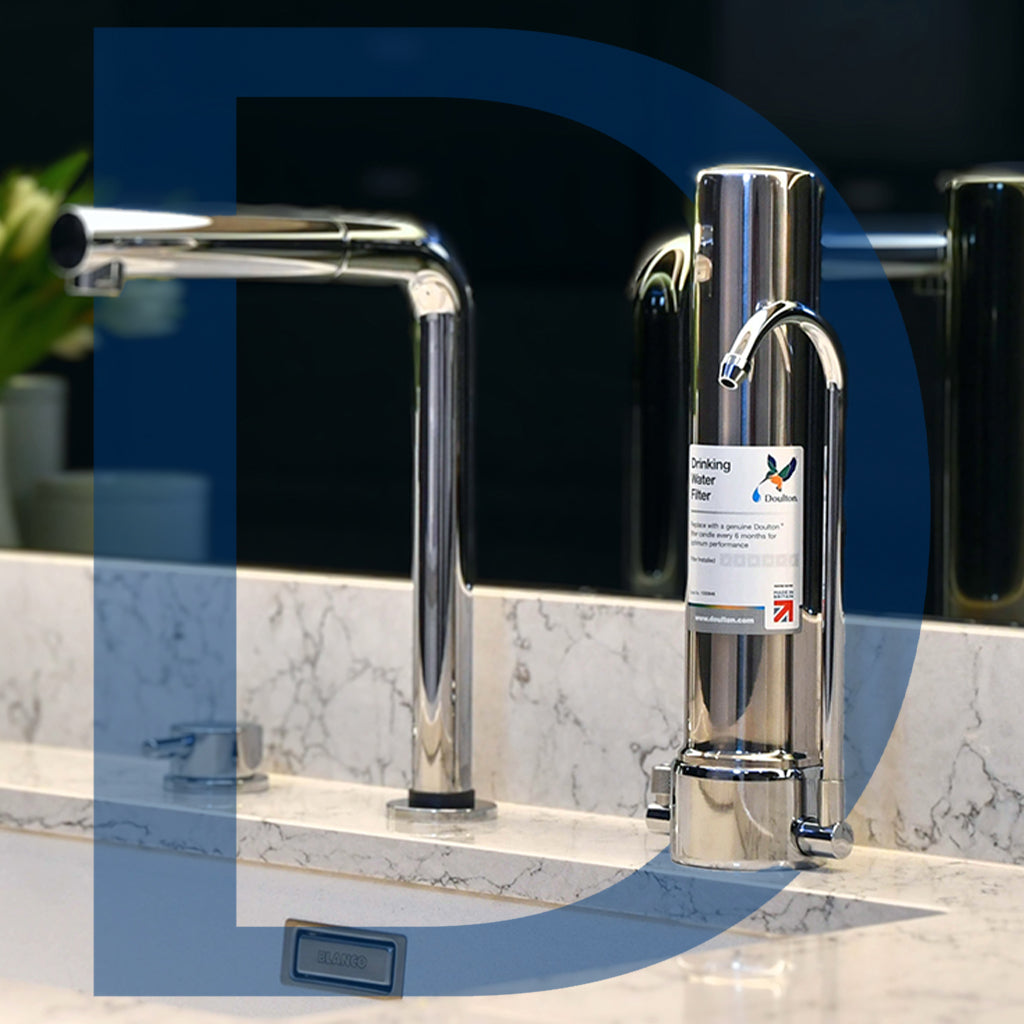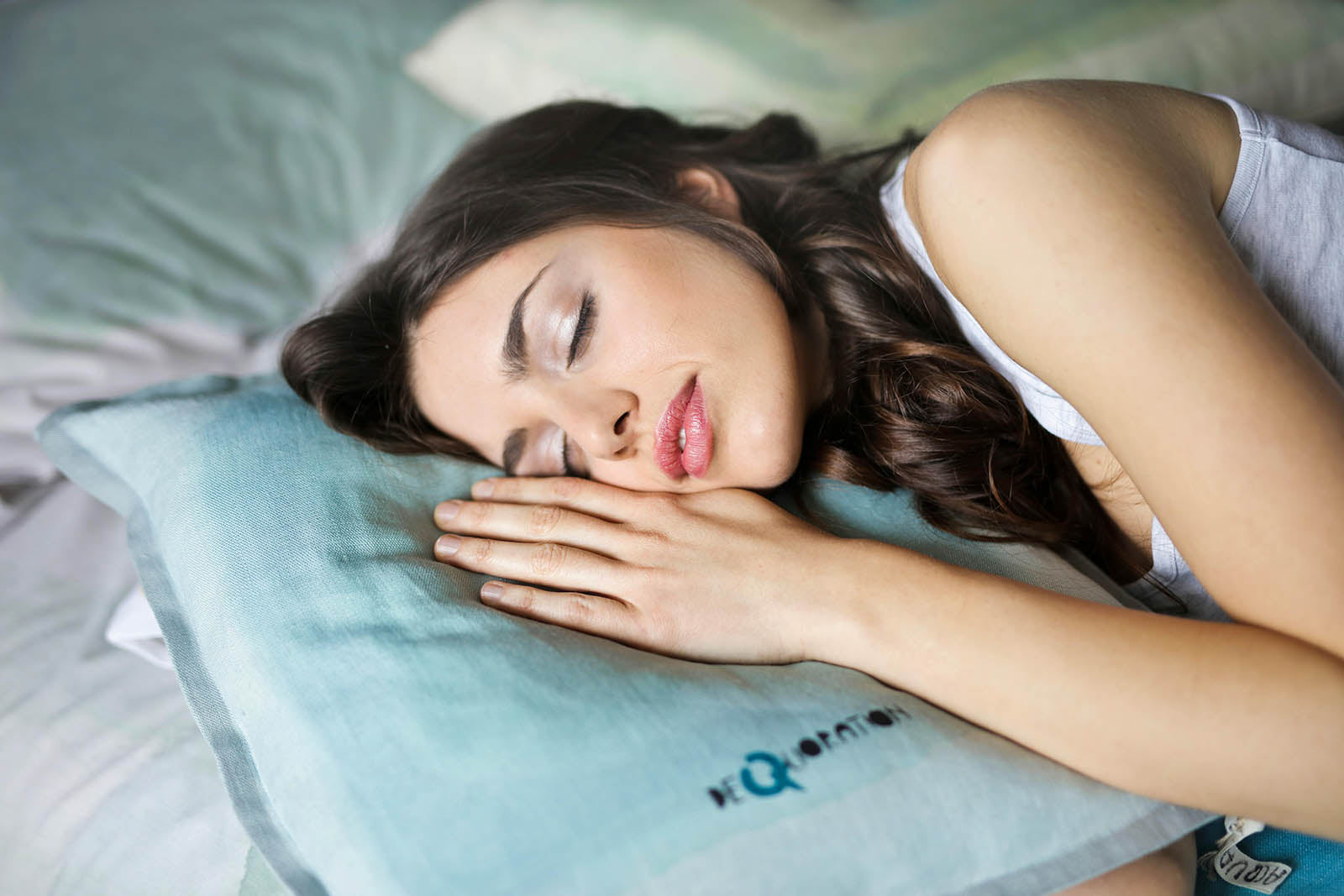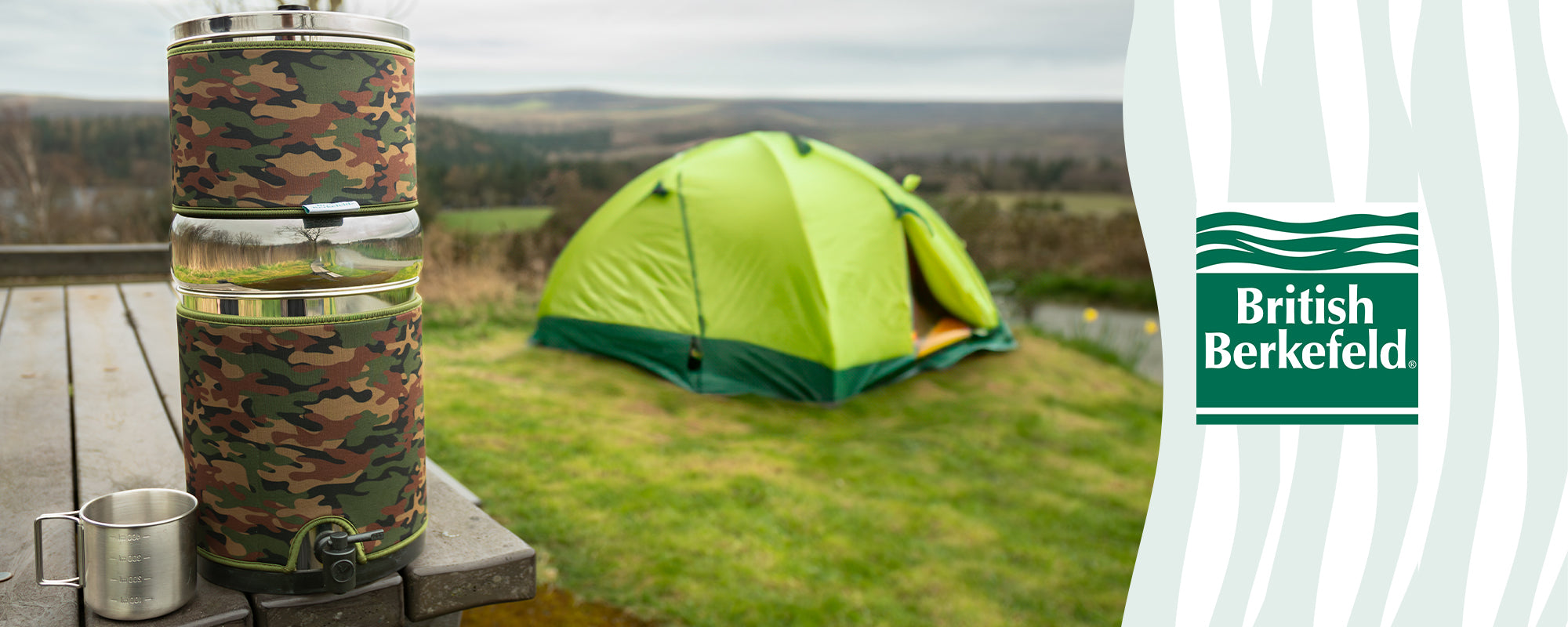Hydration plays a pivotal role in regulating body temperature and influencing the sleep-wake cycle, directly impacting the quality and duration of sleep. Adequate hydration facilitates efficient body temperature regulation by enabling heat dissipation through perspiration and respiration. This thermoregulatory process is essential for maintaining a stable internal environment conducive to the onset of sleep. Conversely, dehydration can impair the body's ability to regulate temperature, leading to discomfort and difficulties in falling asleep or achieving deep sleep stages.
What’s the connection between sleep and hydration?
The connection between hydration and sleep extends to the sleep-wake cycle, with dehydration potentially disrupting the body's natural rhythms. Dehydration has been associated with feelings of fatigue, tiredness, and lethargy, making it challenging to stay alert during the day and to transition into restful sleep at night. Symptoms of dehydration, such as dry mouth, headaches, and muscle cramps, can further contribute to sleep disturbances by causing discomfort and wakefulness.
Research underscores the bidirectional relationship between sleep and hydration. A study involving over 20,000 American and Chinese adults found that individuals reporting less than six hours of sleep per night exhibited a higher likelihood of inadequate hydration, as indicated by urine samples, compared to those sleeping eight hours or longer. This suggests that not only can dehydration affect sleep quality, but insufficient sleep may also increase the risk of becoming dehydrated.
What in the body is affected?
The body's production of the hormone vasopressin illustrates the physiological link between sleep and hydration. Vasopressin, which promotes water retention in the kidneys, is released in greater amounts during the late sleep cycle. This mechanism helps prevent dehydration during sleep by reducing urine production and conserving water. However, disruptions in sleep, particularly during the late stages, can interfere with vasopressin release, potentially leading to dehydration. Studies suggest that the timing and quality of sleep are critical for the optimal regulation of hydration status.
How can I stay hydrated but not spend all night going to the toilet?
To mitigate the impact of hydration on sleep, experts recommend maintaining hydration throughout the day and adopting a balanced approach to fluid intake in the evening. This includes avoiding excessive consumption of diuretics like caffeine and alcohol before bedtime, which can exacerbate dehydration and disrupt sleep. Establishing a comfortable sleep environment and practising good sleep hygiene are also crucial for enhancing sleep quality and preventing dehydration-related sleep disturbances .
The intricate relationship between hydration and sleep highlights the importance of adopting comprehensive hydration and sleep strategies to support overall health and well-being. For more detailed insights, further reading is available from trusted sources such as the Sleep Foundation and research published in academic journals, links follow after the overview.
Here’s an overview of how to get a great night’s sleep:
|
Strategy |
Description |
Implementation Tips |
|
Stay Hydrated |
Proper hydration is essential for good sleep, but timing and balance are key. |
Ensure you're hydrated throughout the day but reduce intake before bedtime to avoid nocturia. Consider a small glass of water if you wake up thirsty. |
|
Maintain a Regular Sleep Schedule |
Going to bed and waking up at the same time every day helps regulate your body's internal clock. |
Set an alarm for bedtime and waking up, even on weekends, to help reinforce your body's sleep-wake cycle. |
|
Create a Restful Environment |
Your bedroom should be conducive to sleeping, which means quiet, dark, and cool. |
Use blackout curtains, earplugs, or white noise machines. Keep the room at a comfortable, cool temperature. |
|
Limit Exposure to Light |
Exposure to light in the evening can interfere with your body’s ability to fall asleep. |
Reduce screen time at least an hour before bed. Use warm, dim lights in the evening. Consider using blue light filters. |
|
Exercise Regularly |
Regular physical activity can help you fall asleep faster and enjoy deeper sleep, but timing is important. |
Avoid vigorous activity close to bedtime. Opt for relaxing exercises like yoga in the evening if you need to wind down. |
|
Mind Your Eating and Drinking Habits |
Eating big meals, consuming caffeine and alcohol before bed can disrupt sleep. |
Avoid heavy or large meals within a couple of hours of bedtime. Minimize caffeine and alcohol intake in the evening. |
|
Manage Stress |
Stress and worry can make it difficult to sleep well. |
Develop a relaxing bedtime routine. Consider techniques such as reading, meditation, or deep breathing to unwind before bed. |
|
Evaluate Your Sleep Environment |
The quality of your mattress and pillows, as well as the arrangement of your bedroom, can impact sleep quality. |
Ensure your mattress and pillows are comfortable and supportive. The layout of your room should promote a restful atmosphere. |
|
Limit Daytime Naps |
Long naps can interfere with nighttime sleep, especially if you're struggling with insomnia or poor sleep quality. |
Limit naps to 20-30 minutes earlier in the day. If napping affects your nighttime sleep, consider eliminating them. |
|
Seek Professional Help When Needed |
If you've tried various strategies and still struggle with sleep, it may be time to see a healthcare provider. |
Keep a sleep diary and bring it to your appointment to help your healthcare provider understand your sleep challenges. |
Looking for a way to filter water:
https://doulton.com/collections/all-products
Sources:
https://www.sleepfoundation.org/nutrition/hydration-and-sleep
https://sleepopolis.com/education/hydration-and-sleep/
Image:
Photo by Andrea Piacquadio: https://www.pexels.com/photo/close-up-photography-of-woman-sleeping-914910/


